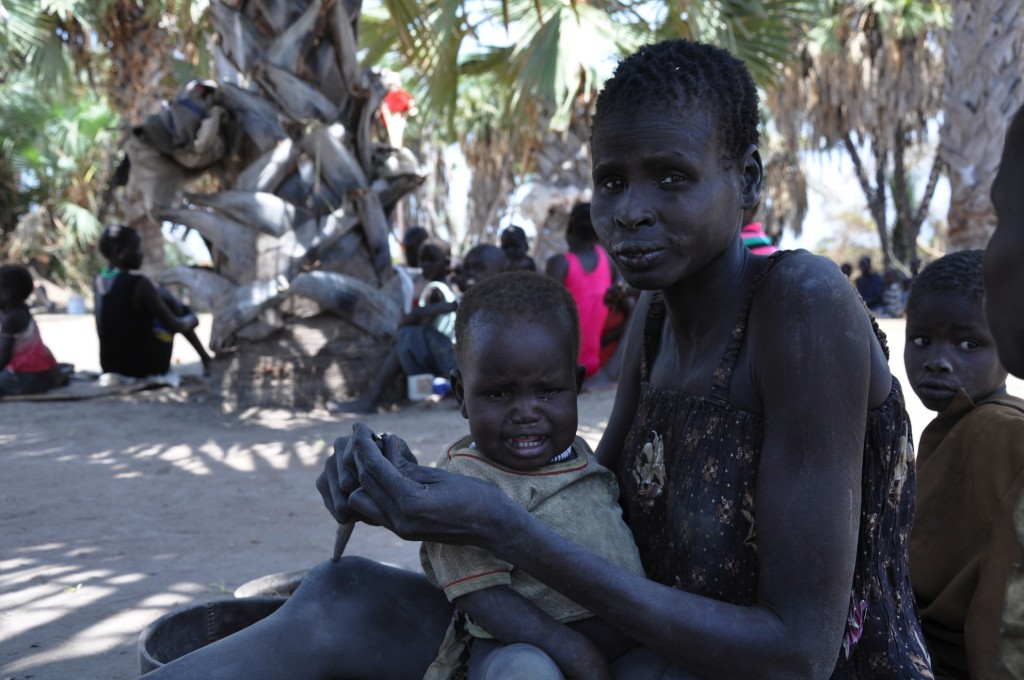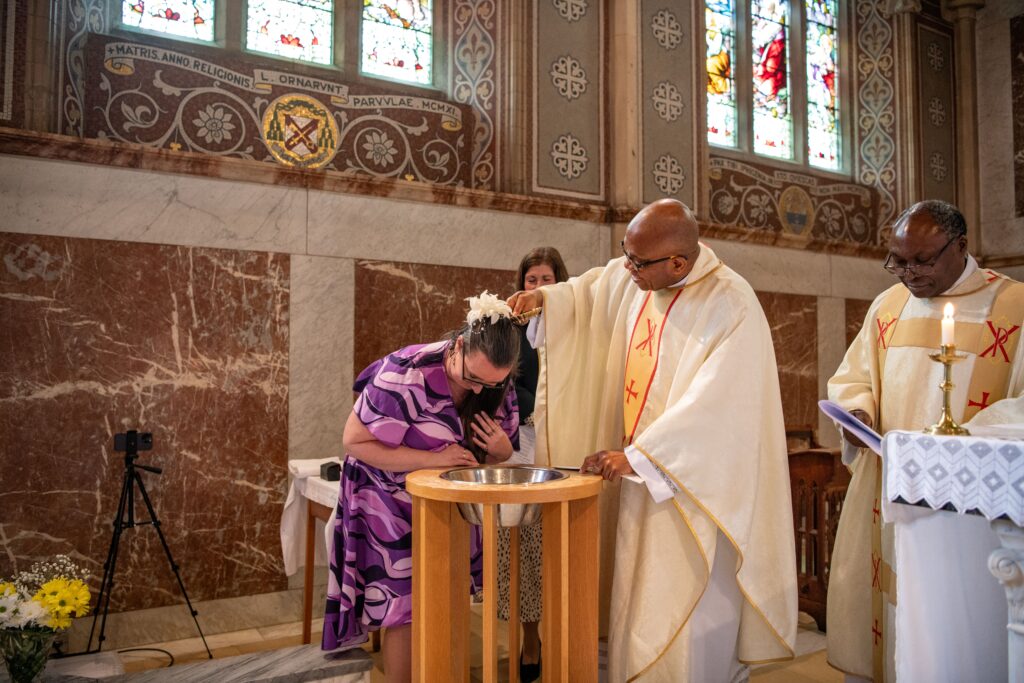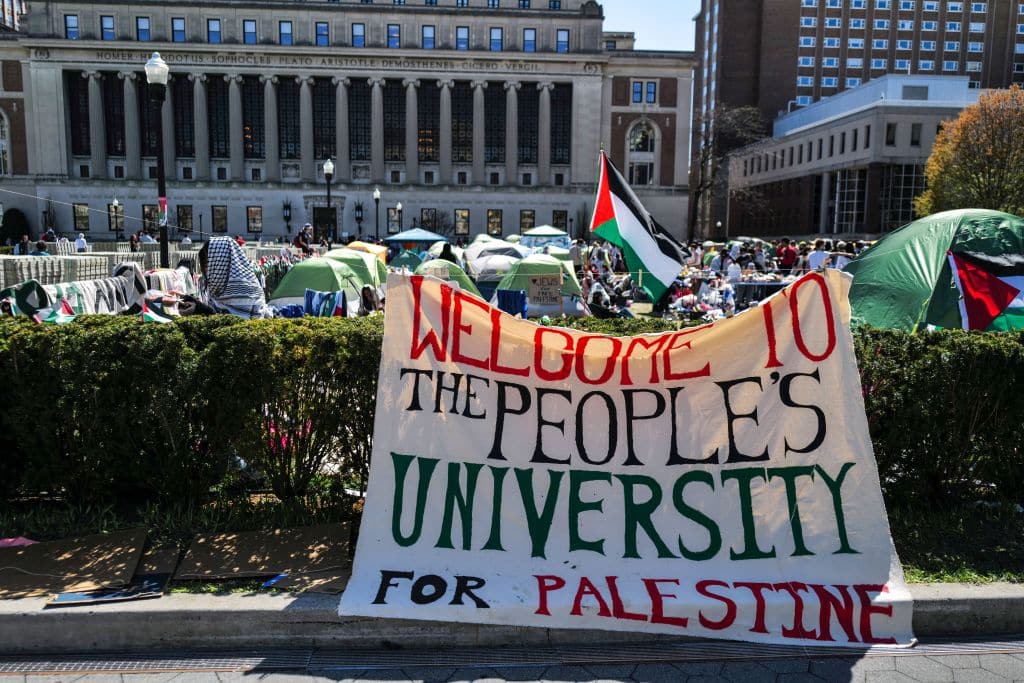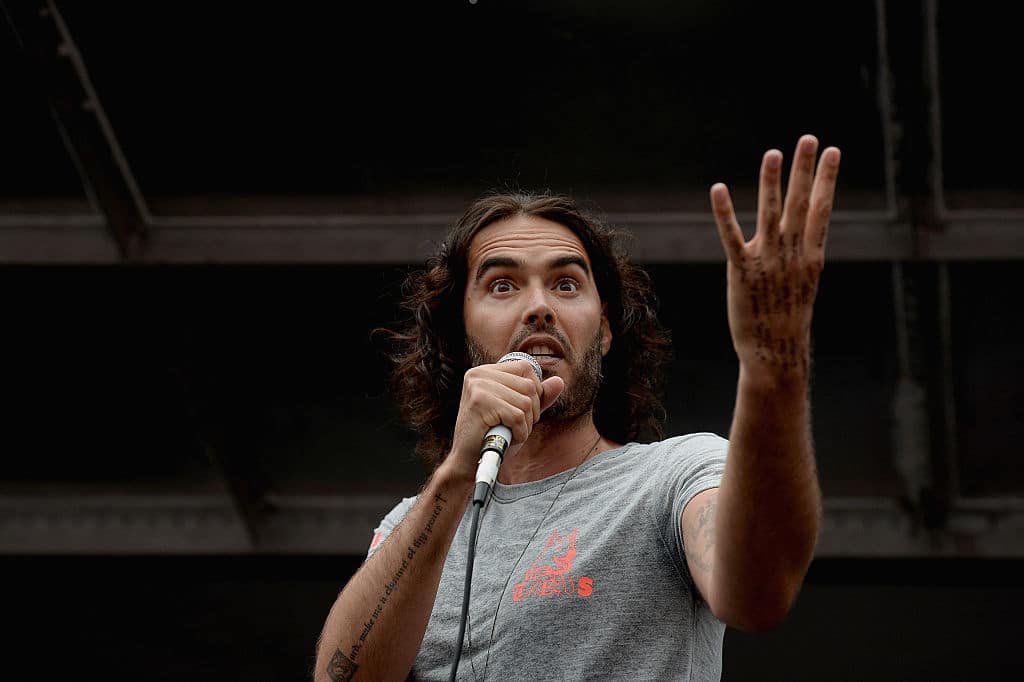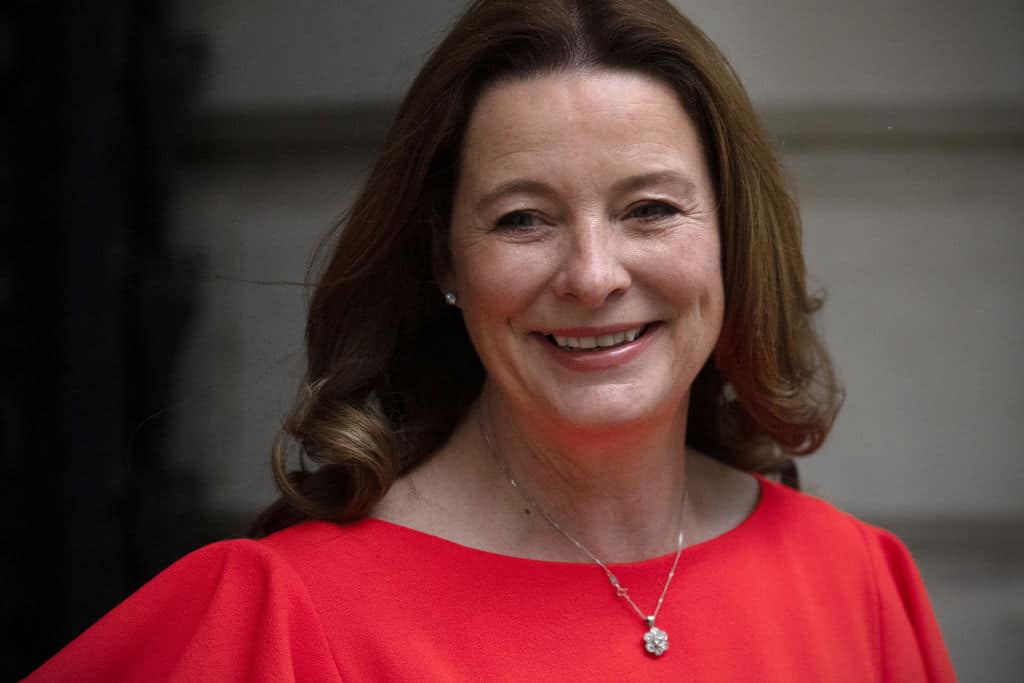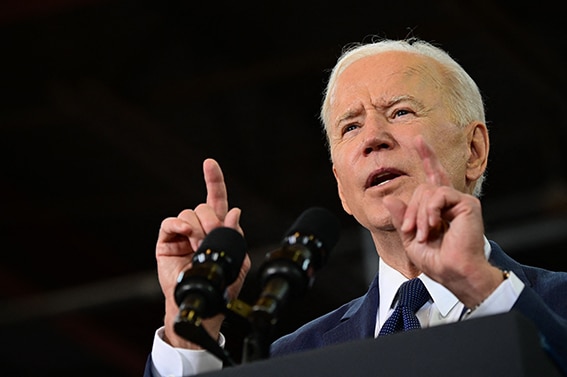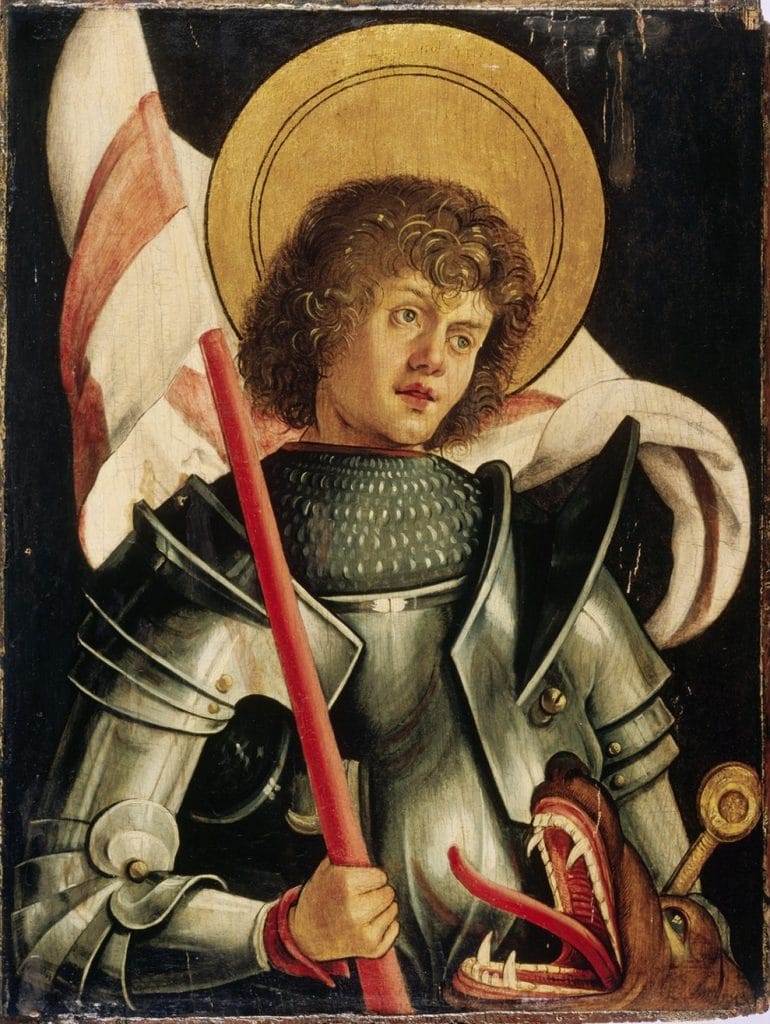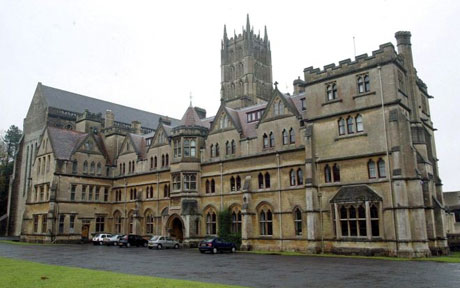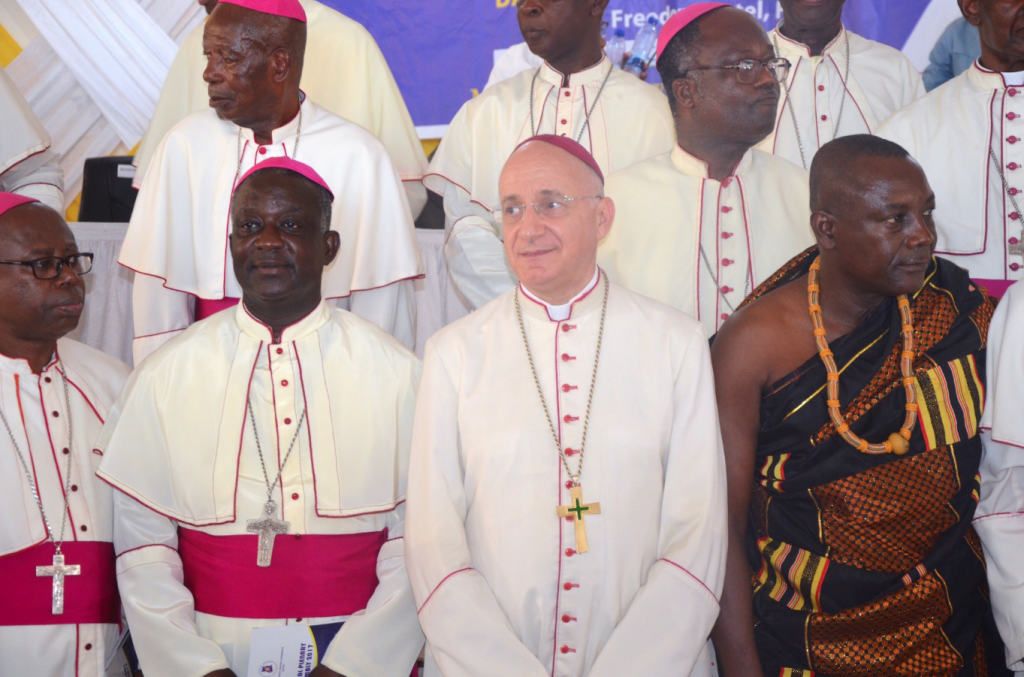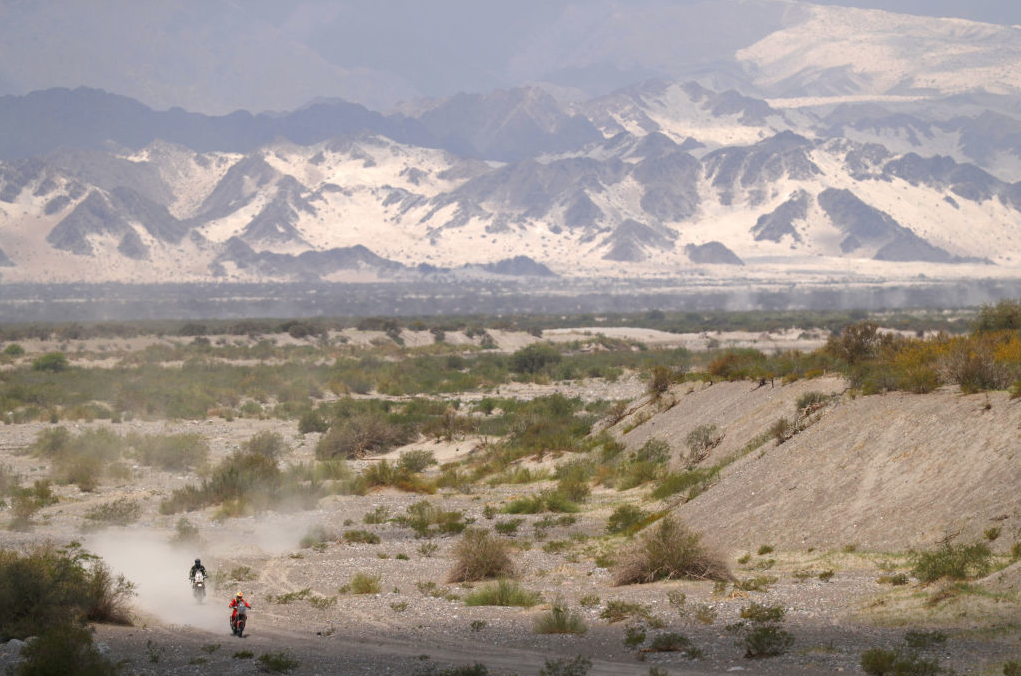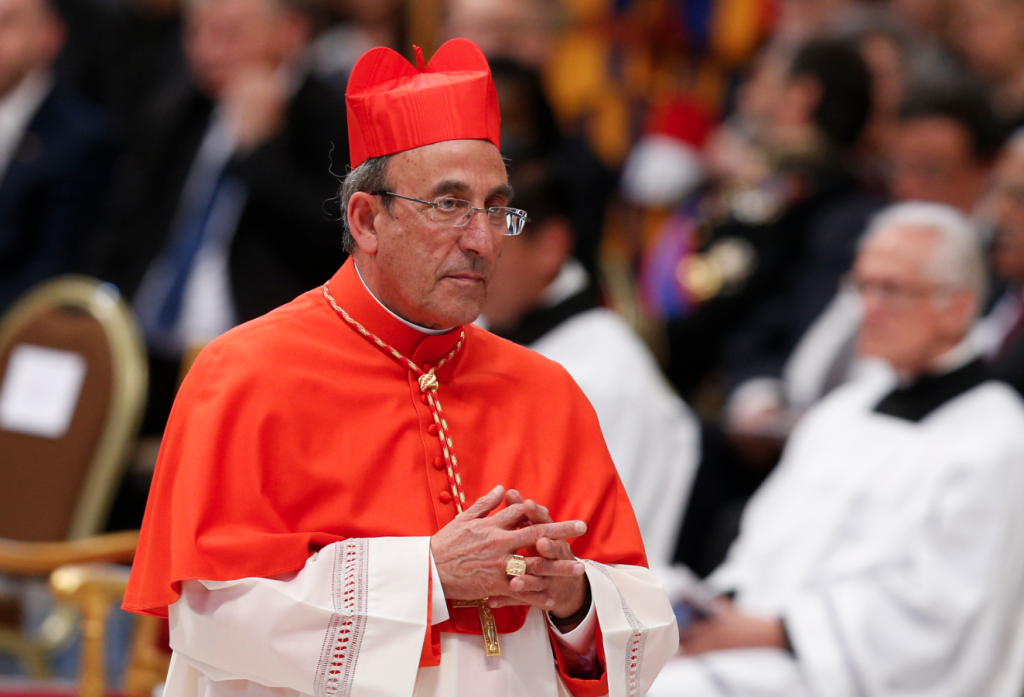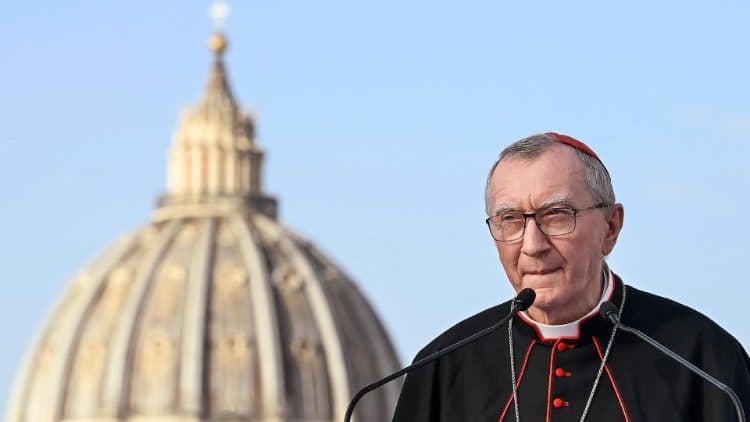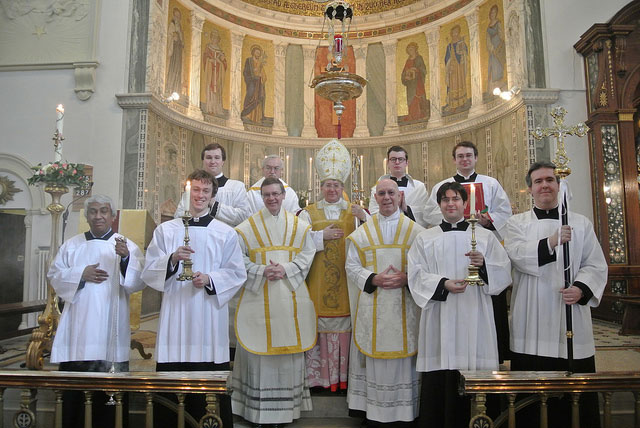What happened?
The Vatican announced that Pope Francis will declare Blessed Teresa of Calcutta a saint on September 4, the conclusion of the Year of Mercy jubilee for those engaged in works of mercy. The date was announced during an ordinary public consistory – a meeting of the Pope, cardinals and promoters of Causes concluding the sainthood process. The Pope also set dates for the canonisations of Blessed Stanislaus Papczynski of Poland and Blessed Mary Elizabeth Hesselblad of Sweden.
What the British media are saying
The BBC painted a mixed picture of the saint, noting: “She achieved worldwide acclaim for her work in Kolkata’s slums, but her critics accused her of pushing a hardline Catholicism, mixing with dictators and accepting funds from them for her charity.” It suggested that her beatification was “rushed through” by Pope St John Paul II. The Daily Telegraph highlighted her opposition to “terminations” and reported that the late Italian film director Pier Paolo Pasolini “fell under her spell”. The newspaper quoted Pasolini as saying: “She has an almost virile jaw and a gentle eye that in its gaze ‘sees’.” He added that she was a combination of “goodness without sentimentality, someone with no expectations who is both calm and calming, powerfully practical.”
What Catholics are saying
Jim Towey, president of Ave Maria University and a friend of Mother Teresa, told the Catholic Saints Guy blog that “anyone who turns Mother into a plastic statue is making a mistake”. He said: “She loved music, she loved poetry, she loved people. She liked chocolate ice cream and candies and had a great sense of humour. She was remarkably alive and joyful and focused, even though she was battling that inner desolation that we learned of after her death.” Meanwhile, Kevin.D. Williams at National Review said visiting the Missionaries of Charity in Calcutta played a part in his conversion. He wrote: “I was left with a deep and unshakeable impression that something serious was going on … There was a simplicity in Mother Teresa’s vision – but it isn’t simple. It is profound.”
The most overlooked story of the week
✣ Benedict XVI gives rare in-depth interview
What happened?
Last week a rare interview with Benedict XVI was published, in which the retired pope said: “Mercy is what moves us toward God, while justice makes us tremble in his sight.” Benedict XVI added that the Church was facing a “deep crisis” and that following Vatican II the Church lost its “attentiveness to salvation”.
Why was it under-reported?
While many Catholics are eager to know what the Pope Emeritus has to say, it is not surprising that the secular world does not share the same interest. The mainstream media only has eyes for Francis who is, after all, the current Pope. News outlets have been very much focused on the canonisation of Mother Teresa and the controversy she attracts. But what the Pope Emeritus says and does now matters for the future as it will set a precedent as to how future popes emeritus should conduct themselves.
What will happen next?
The interview, read out by Archbishop Georg Gänswein, the retired pope’s personal secretary, at a conference in Italy on the doctrine of justification and the experience of God, showed that Benedict XVI’s mind is still razor-sharp. Given the strength of his intellectual insights it is probable that he might offer more interventions in the future. The interview also sends the message that whoever is the next pope emeritus does not have to remain silent and shut away from the rest of the world.



